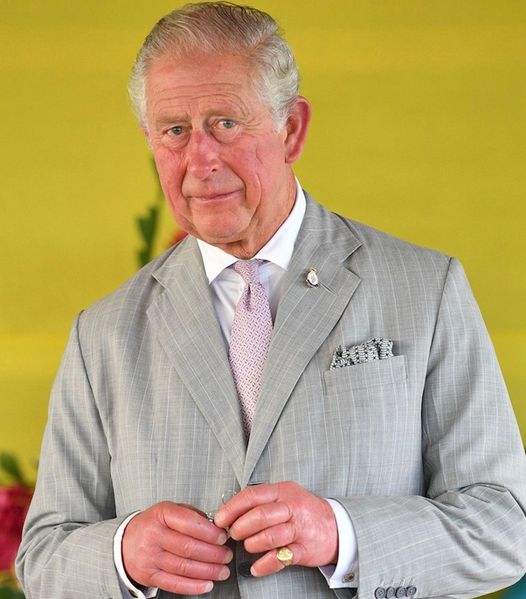As King Charles continues to recover from recent health struggles, royal insiders suggest that plans for his funeral, code-named Operation Menai Bridge, are already in progress.
The 75-year-old monarch, who is battling cancer, remains dedicated to his duties, but his declining health has raised concerns. While the palace publicly maintains a hopeful stance, reports hint at a more serious situation behind the scenes.
Royal plans like these are not uncommon. When Queen Elizabeth II took the throne in 1952, plans for her eventual passing, known as Operation London Bridge, were drawn up to ensure a seamless transition after her death in 2022. Similarly, King Charles’ funeral plans, which have been periodically updated, reflect both tradition and preparedness, highlighting the delicate nature of his current health.
In January 2024, King Charles underwent surgery for benign prostate enlargement, but the diagnosis changed in February, when cancer was discovered.
Despite his health battles, Charles has expressed gratitude for the public’s support, emphasizing how sharing his diagnosis has helped raise awareness for cancer research and care. His son, Prince William, has stepped up to take on more royal responsibilities, especially as his wife, Kate Middleton, is also dealing with her own cancer diagnosis.
While King Charles has returned to public engagements, they are shorter and require significant rest afterward. Royal sources have expressed concern over his condition, stating that, despite public appearances, he is struggling more than many realize. Friends and close associates are trying to remain optimistic, but preparations for the inevitable are quietly advancing.
Operation Menai Bridge, much like the plan for Queen Elizabeth, outlines the steps to be taken when the king passes. It includes how the announcement will be made, mourning arrangements, and funeral protocols, ensuring a smooth transition of power to Prince William, who will become king upon Charles’ death. Despite the somber nature of these plans, they are essential for maintaining stability in the British monarchy during such critical moments.
